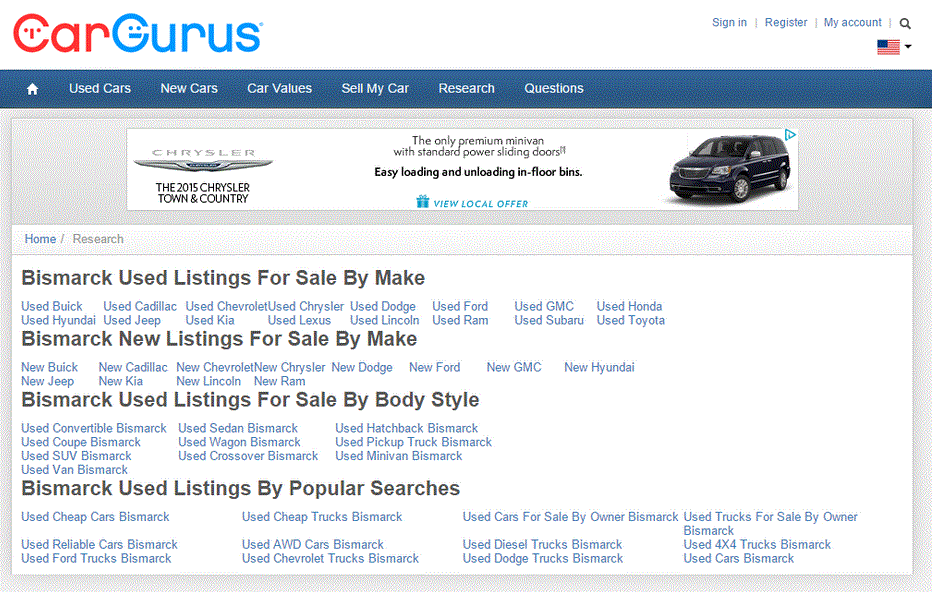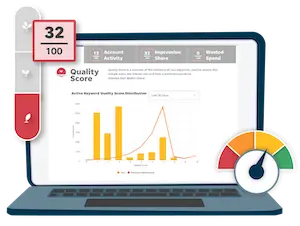Gateway Page: What Is a Gateway Page?
A gateway page, also known as a doorway page, is a webpage designed to rank highly for particular search queries that does not offer useful information to the searcher.
For example, imagine that you search “easy dinner recipes” and click on the top organic result. Rather than giving you an awesome way to make spicy tuna avocado boats, the page is simply full of links to other pages on the same site. This is thoroughly unhelpful and immensely frustrating.

Why do gateway pages exist?
Think about what a gateway page forces you to do: it makes you spend more time on the site and visit more pages than necessary. This is great for the site owner because it boosts their metrics in the eyes of search engines and advertisers.
Forcing you to scan the page for the appropriate link increases dwell time; enticing you to click from the gateway page to another page on the site reduces bounce rate. Both of these things serve to improve SERP rankings and make the site more attractive to display advertisers.
In essence, site owners who use gateway pages throw user experience (UX) out the window to make some more money. Clever? Sure. Greedy? Big time.

Are gateway pages fair game?
Nope—not since 2015, at least. In March of that year, Google announced via the Webmaster Central Blog that it was cracking down on pages designed exclusively for search engines and without regard for UX. Considering Google’s business model, this makes sense.
The search engine doesn’t make money if advertisers don’t demand ad space, and advertisers don’t demand ad space if consumers aren’t using Google. Therefore, anything that undermines UX indirectly hurts Google’s bottom line.
So, gateway pages are a major no-go.
How can I be sure my site doesn’t have gateway pages?
In that Google Webmaster blog post we mentioned, they some questions you can ask yourself about pages on your site that may be considered gateway pages:
-
Is the purpose to optimize for search engines and funnel visitors into the actual usable or relevant portion of your site, or is it an integral part of your site’s user experience?
-
Are the pages intended to rank on generic terms, yet the content presented on the page is very specific?
-
Do the pages duplicate useful aggregations of items (locations, products, etc.) that already exist on the site for the purpose of capturing more search traffic?
-
Are these pages made solely for drawing affiliate traffic and sending users along without creating unique value in content or functionality?
-
Do these pages exist as an “island?” Are they difficult or impossible to navigate to from other parts of your site? Are links to such pages from other pages within the site or network of sites created just for search engines?
To be clear, you want each page to be an integral and valuable part of your UX; nothing should be created solely for search engines. If you’re ranking for generic terms, the information you present should not be hyper-specific. You shouldn’t simply aggregate information that’s already on your site in order to drive more traffic. No page should be an island.

